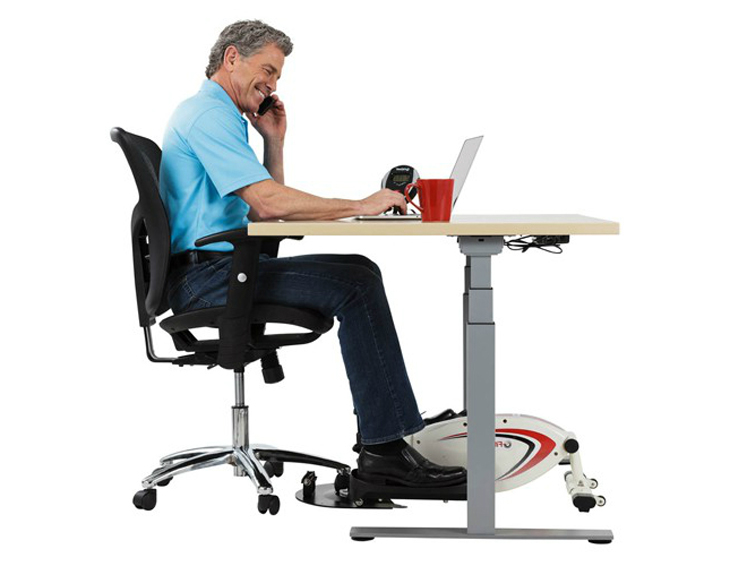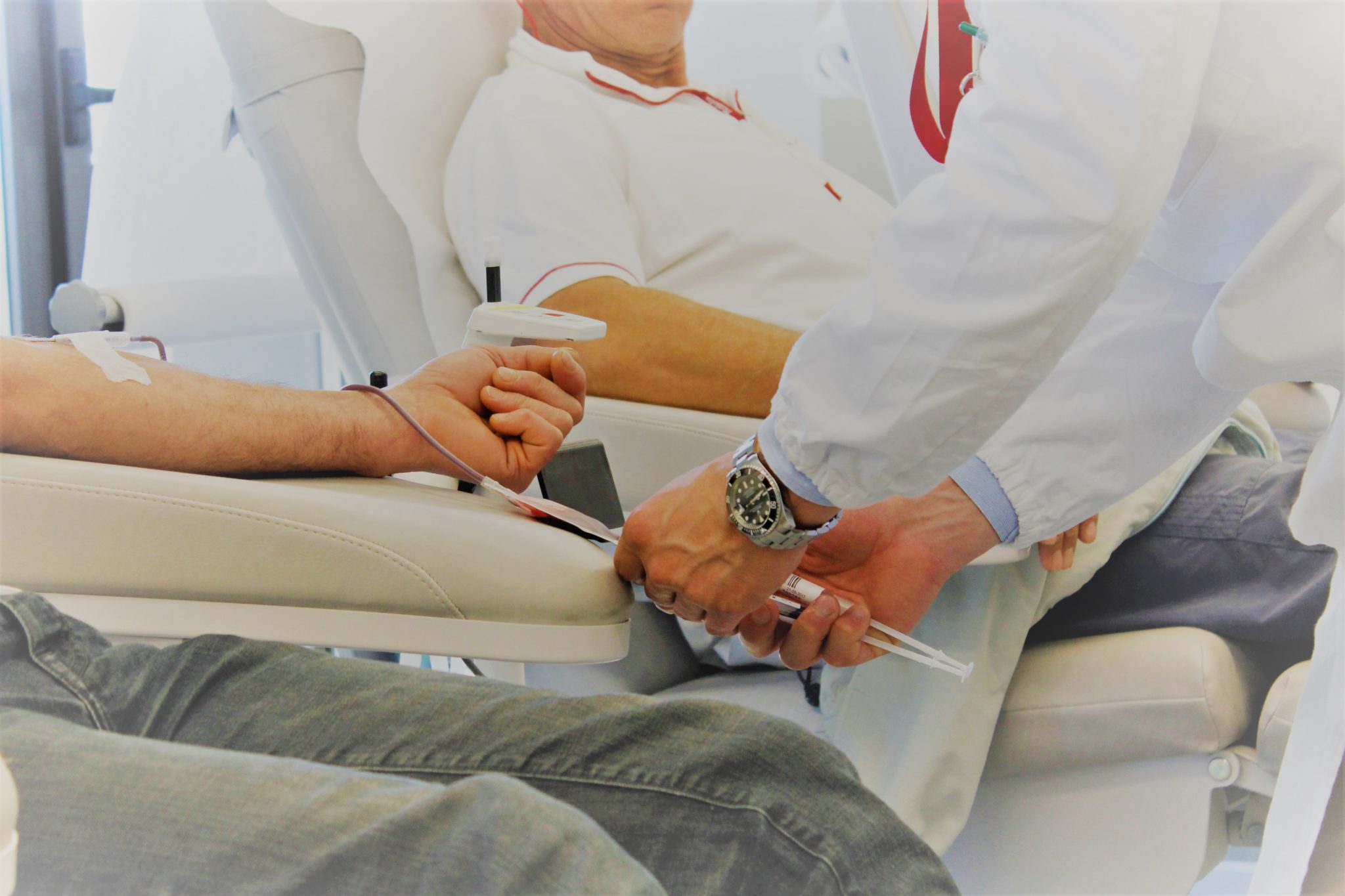A traumatic brain injury, or commonly referred to as a TBI, is a serious brain condition usually caused by a hard impact to the head and neck. When a TBI happens, and if it is a severe case, it can cause damage to the brain as well as dysfunction to the brain. However, there are ways to prevent a traumatic brain injury. Keep reading to learn the different ways you can prevent a TBI from happening to you or someone you love.
There might be instances where you or someone you love can be in an accident whose fallout can be a TBI. In such an instance, you need to hire the best legal experts that can help you get to fight your personal injury lawsuit. If you are going up against someone that is hell-bent on proving their innocence when in fact, they are guilty, you need to get legal experts from Butler Law Firm. Their best attorneys will be able to gather the evidence that is required to prove negligence and help you build a solid personal injury case.
Wear Your Seat Belt:
This should be common sense for everyone. Putting your seatbelt on when getting into any type of vehicle should always be the first thing you do when sitting down in the seat. Wearing a seatbelt can prevent TBI’s and other injuries by 50%, according to The Shepherd Center. Always put a seatbelt on as soon as you get into the vehicle to prevent any type of injury in case of an auto accident. You should also make sure to place your child in a car seat or booster seat, depending on their age and height, and buckle it up.
Don’t Drive Under The Influence Of Anything:
Whether you are drinking, taking drugs, or even under the influence of prescription medication, such as pain medication, you shouldn’t be driving, period. Alcohol, drugs, and prescription medications can all impair your ability to do anything, and this includes driving. They can cloud your judgment making them unsafe to consume if you are going to get behind the wheel of a car.
Don’t Use A Cell Phone While Driving:
Using a cell phone, whether talking on one or texting on one, is the main distraction while driving. Although many people do this on a daily basis, it is not safe at all. The reason for this is because using a cell phone makes you distracted and when you are distracted while driving, you are not putting all of your attention on the car or the road you are driving on. Just to be safe, no texting or talking on a cell phone while driving so you can prevent a serious injury, such as a traumatic brain injury.
Wear A Helmet:
You don’t have to wear one while driving a vehicle but if you are operating a motorcycle, you will need to wear a helmet. In some states, it is a requirement to wear a helmet when operating a motorcycle. Whether it is required in your state or not, you should always wear a helmet to ensure you are safe from a TBI.
Any of the tips above can help prevent you from suffering from a traumatic brain injury. You will want to do whatever it takes to prevent one from happening because they can cause serious problems and damage to your brain, causing you to not be able to do hardly anything for yourself anymore.No one wants to live like that so keep the above tips in mind when operating any type of vehicle or motorcycle.
Read Also:


























